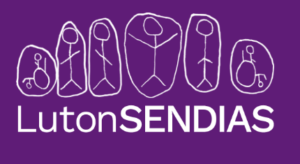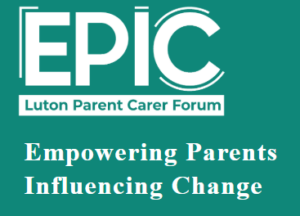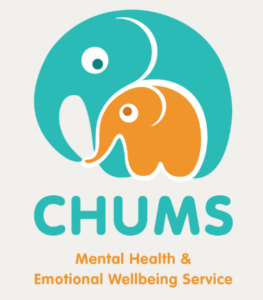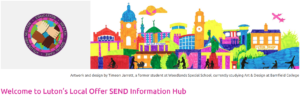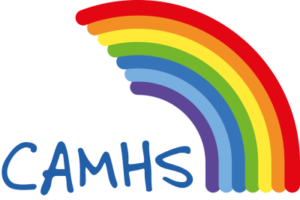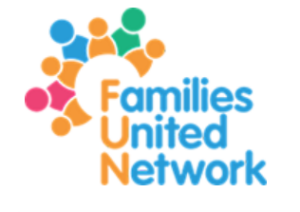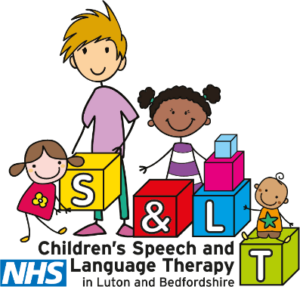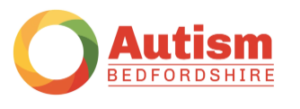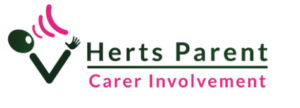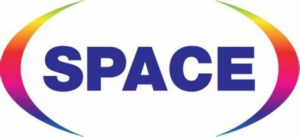Special Educational Needs and Disabilities (SEND)
Every child who attends our school has an Education Health and Care Plan, with their main area of needs identified as either ASD or SEMH (trauma based). As such, inclusivity is at the heart of our school.
At Stannard School we believe that every child who attends our setting should have an equal entitlement to a broad, balanced curriculum whilst being given the opportunities to develop life skills for a positive future. We have high expectations which support pupils, whilst maintaining an environment that encourages growth, developing resilience, and encouraging a love for learning.
We want all our pupils to have a sense of belonging in our school, believe they can do their best and achieve their full potential.
Get in touch
The school’s SENDCo can be contacted via the school phone number or email address.
Phone: 01582 824742
The Four Broad Areas of Need
Children and young people will have different types of SEND. The type of support they might need will depend on their main area of need. These are generally talked about as four broad areas of need which are described in more detail in the SEND Code of Practice 2015
Learn more about the different types of SEND needs below as well as resources to help:
Communication and Interaction
How children communicate, understand, and play with others around them. This will also include children with speech, language, and communication needs.
- Autism Bedfordshire
- Families United Network
- Introduction to Speech, Language and Communication Needs (YouTube video)
- Speech and Language Therapy
Social, Emotional and Mental Health
Factors which impact a child’s overall wellbeing, such as: emotions, social interactions, and relationships with others which may result in behaviours of concern
- CHUMS – Mental Health and Well Being Service
- Young Minds
- Luminova – Digital therapy for childhood anxiety
- CAMHS
Cognition and Learning
This includes difficulty with learning or remembering basic skills. They may have difficulty with literacy or numeracy or learn at a slower pace than others.
- Dyslexia information
- Helen Arkell Dyslexia Charity
- South Bedfordshire Dyslexia Association
- Nessy – Literacy support website (including dyslexia screening tool)
- Dyscalculia information
Sensory and/or Physical Needs
This includes vision, hearing or multisensory impairments, physical disabilities, or sensitivities to aspects of the environment.

